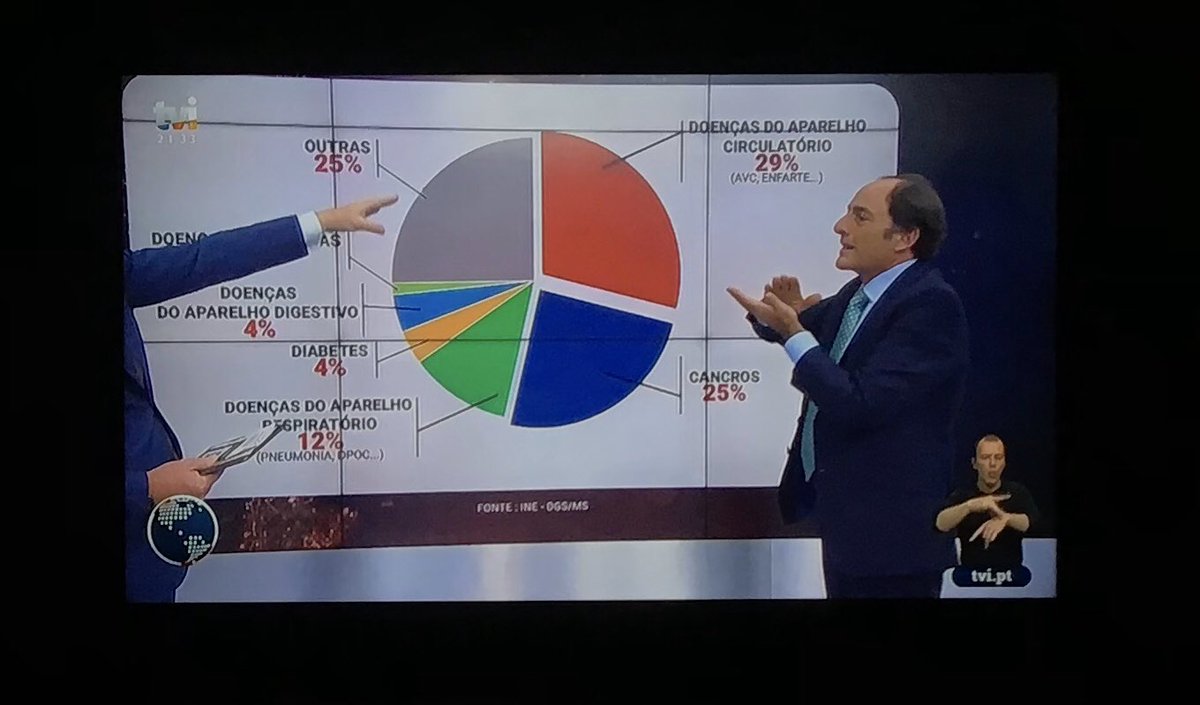A few days ago I was asked if ISO had definitions for what a product is and what a service is.
I researched ISO 9000: 2015 and found:
- Product - output of an organization that can be produced without any transaction taking place between the organization and the customer
- Service - output of an organization with at least one activity necessarily performed between the organization and the customer
It is at these times that you can see how slow a giant organization that works on the basis of consensus is.
ISO 9001 was created in the 1980s when everyone believed there was only one way to compete, based on price, based on efficiency, betting on perfect competition. I remember this feeling of discomfort with a message that does not suit small and medium-sized companies in a small country open to the international market. In March 2008 I wrote "
The danger of crystallization" to express this decoupling between the ISO quality movement and the real world.
Who, like me, was trained in the 1980s and saw Japanese industrial superiority, was educated to choose variability as the great enemy. That is why my company started to be called Redsigma (reduce sigma, reduce standard deviation, reduce variability). However, somewhere along the way, I had my moment on the
Road to Damascus and realized that the biggest concern should not be with variability, but with
increasing variety. Only through variety can the suckiness of sameness be beat.
In 2011 I read Dave Gray and kept his phrase "
Everything is Service!" and also "In the same way,
a product can be considered as a physical manifestation of a service or set of services: a service avatar."
Those who are still competing with the mental frame of the 1980s
seek to automate everything, seek to standardize everything, seek to increase efficiency at all costs, seek to reduce variability. Therefore, they bet on products that can be produced without interaction with the customer. For them, interacting with customers is a friction to be removed.
Those who believe that there is an alternative to pure and hard competition based on efficiency, value variety, value interaction with customers that promote personalization, create tailor made products, bet on co-development, bet on co-production, value co-creation.
So, what is the point of those definitions above? I see big machines being developed and delivered as a service to a specific customers.






















%2006.21.jpeg)












